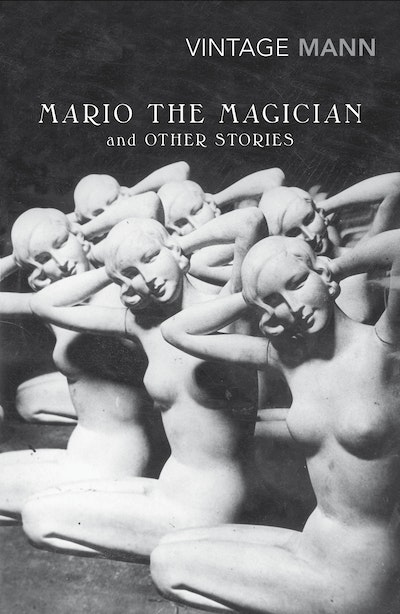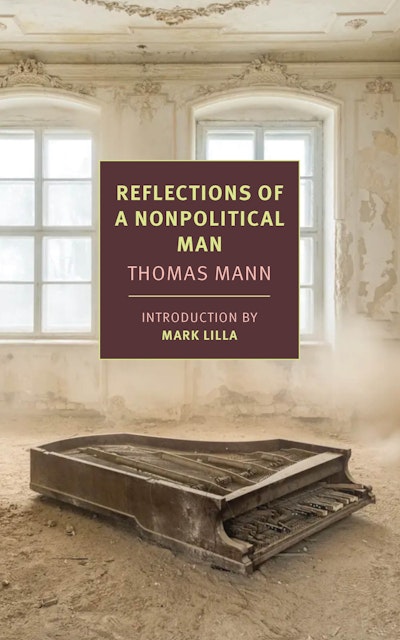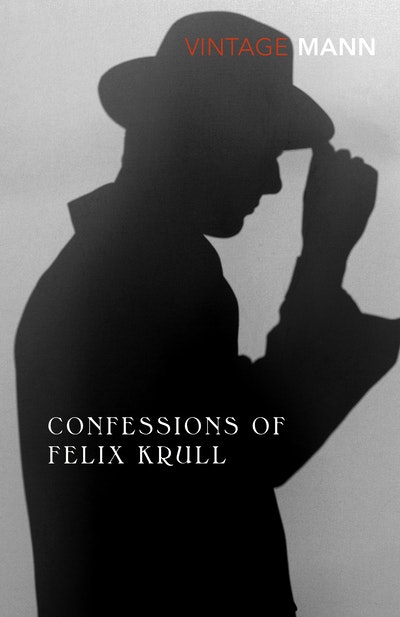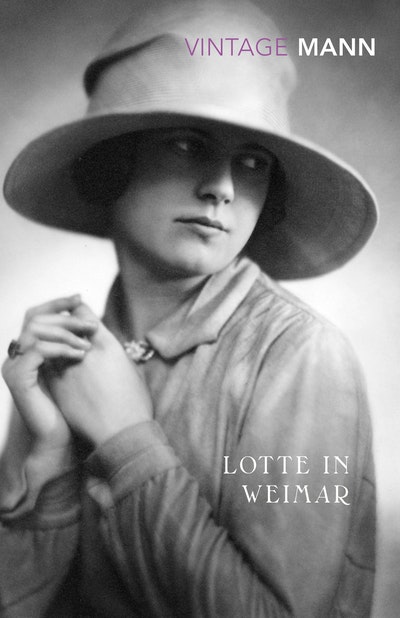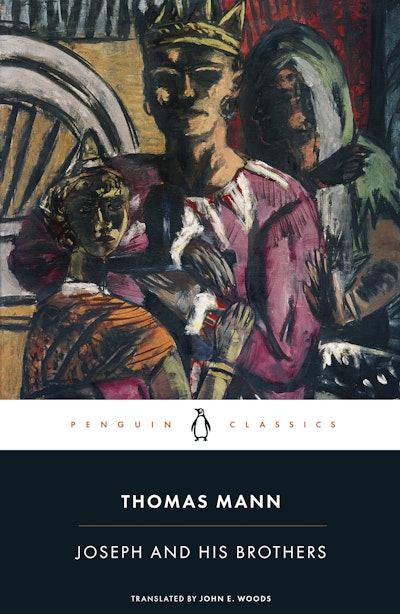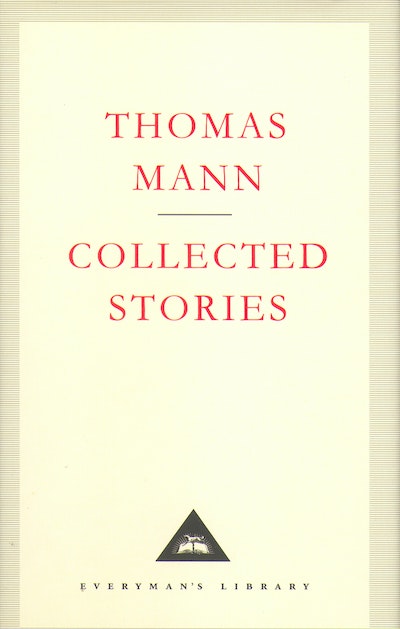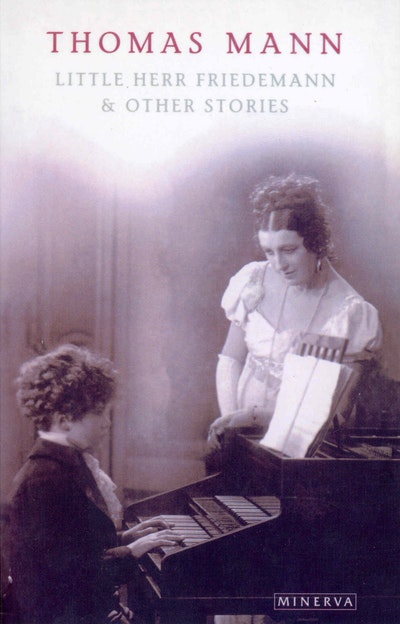[]
Mario and the Magician
& other stories
Formats & editions
Buy from…
- Published: 30 November 2017
- ISBN: 9781473559387
- Imprint: Vintage Digital
- Format: EBook
- Pages: 368
The greatest German novelist of the 20th century
Spectator
A monumental writer
Sunday Telegraph
Mann is Germany's outstanding modern classic, a decadent representative of the tradition of Goethe and Schiller. With his famous irony, he was up there with Schopenhauer, Nietzsche and Freud, holding together the modern world with a love of art and imagination to compensate for the emptiness left by social and religious collapse
Independent
Probably the greatest of modern German novelists
New York Times
